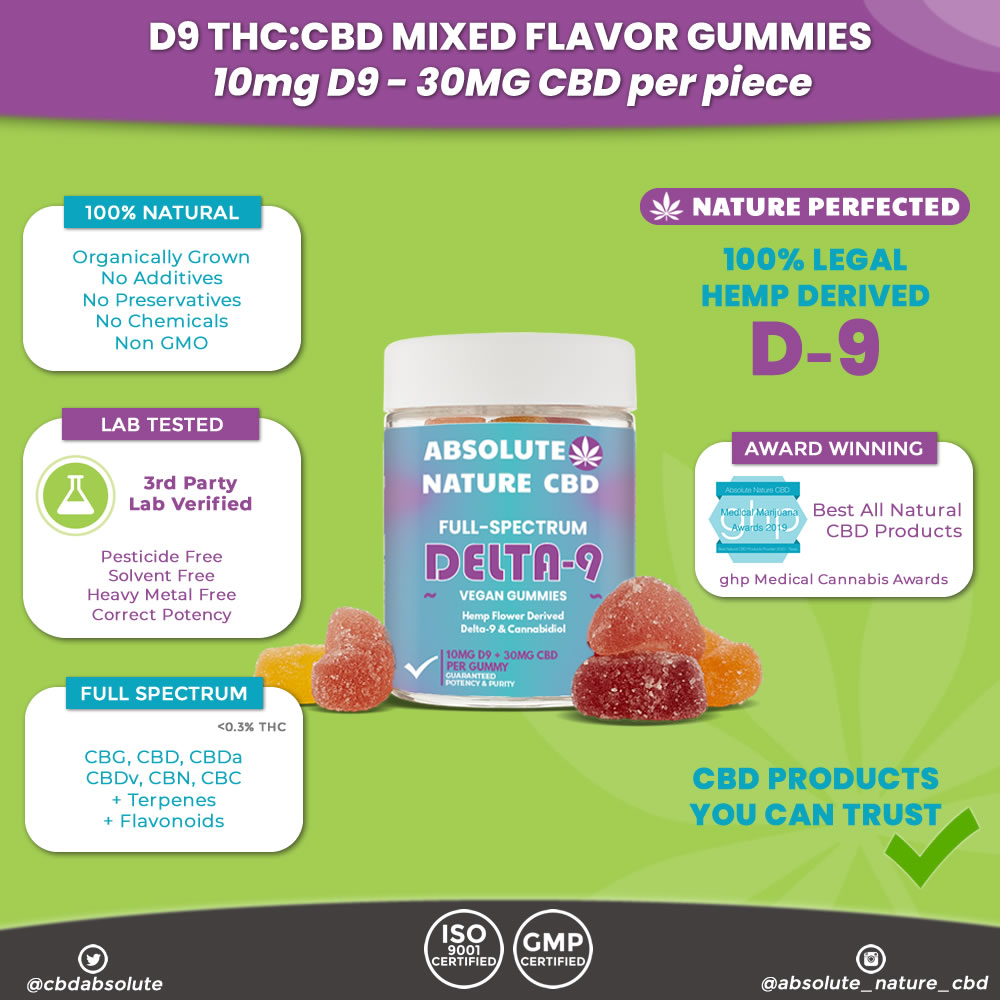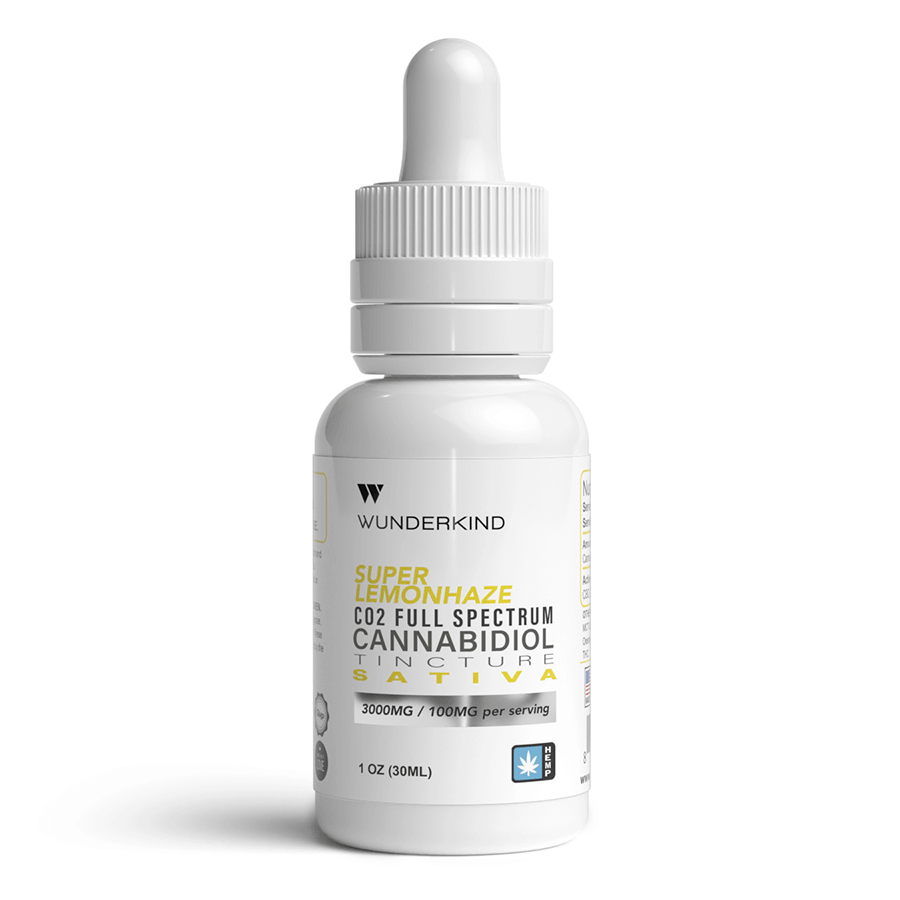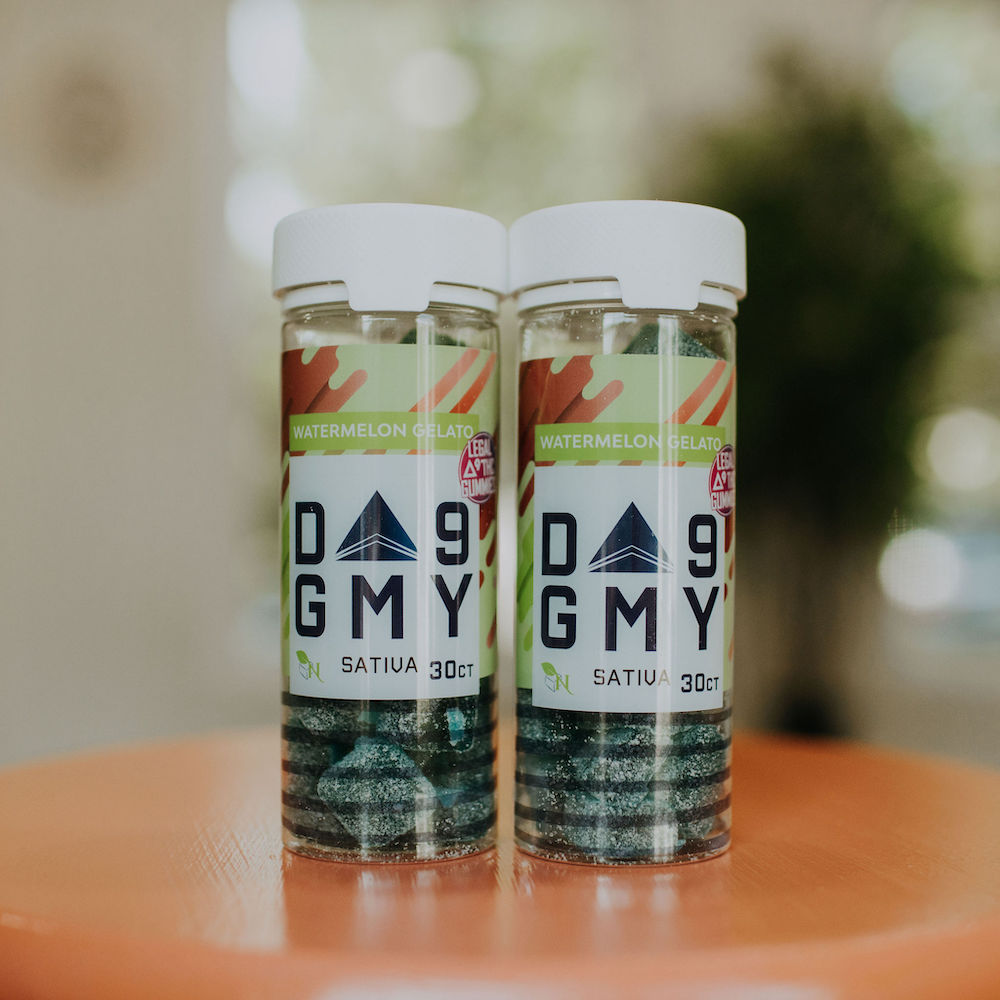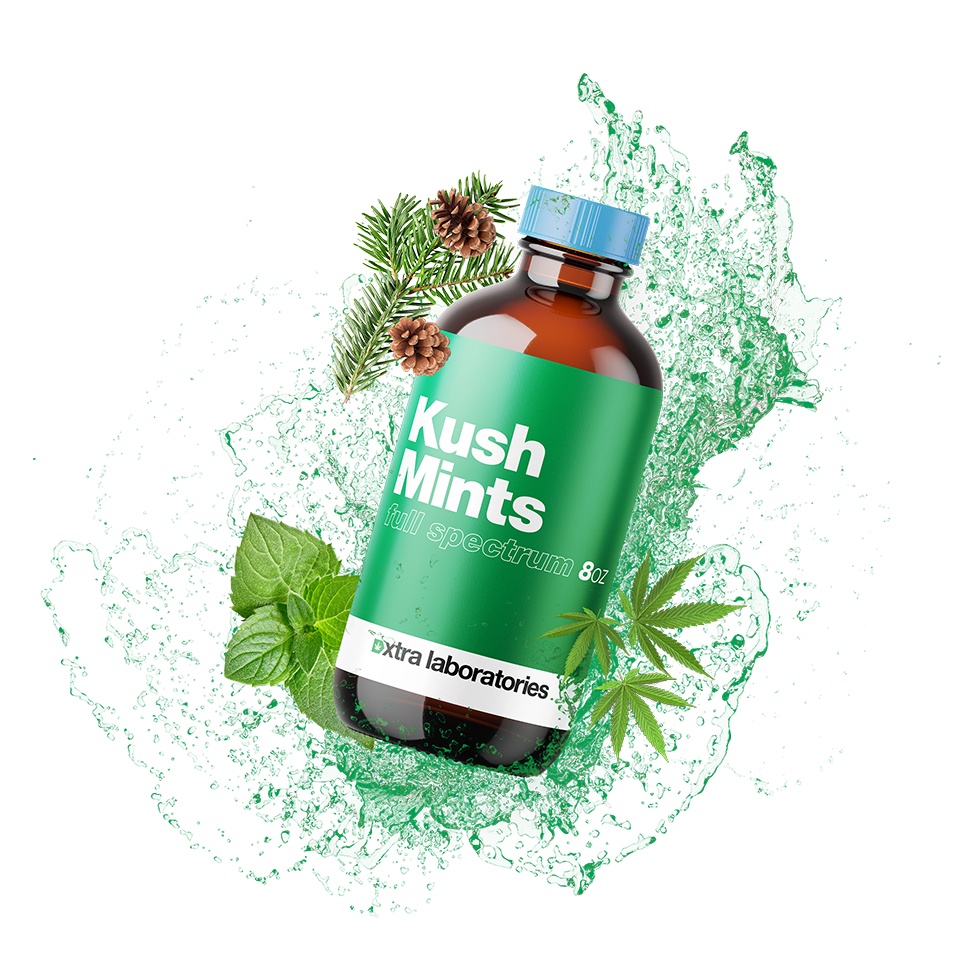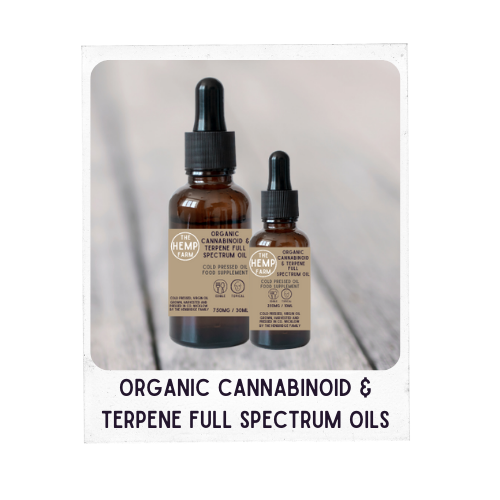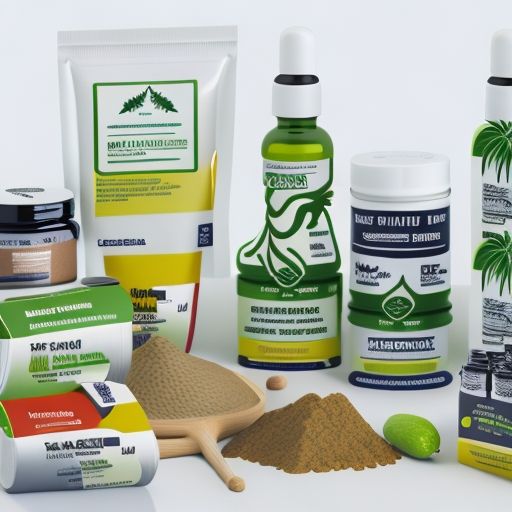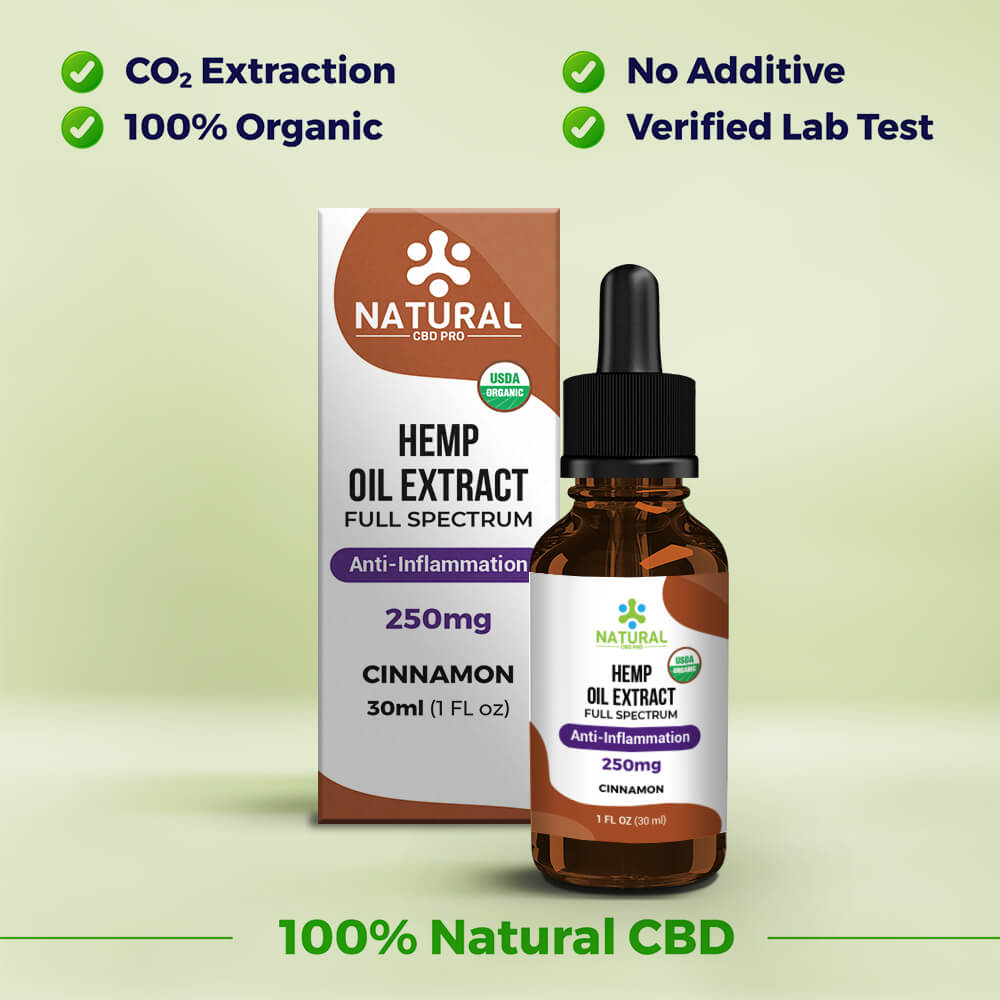Full Spectrum Cannabinoids Terpenes Delta 9 Drinks

A seismic shift is underway in the beverage industry, driven by the burgeoning market for cannabis-infused drinks. These aren't your parents' pot brownies; we're talking sophisticated, precisely dosed beverages leveraging a complex interplay of full spectrum cannabinoids, aromatic terpenes, and, most prominently, Delta 9 THC, all vying for shelf space and consumer attention. But this rapid expansion raises critical questions about regulation, safety, and the long-term impact on public health.
The appeal is undeniable: a discreet, socially acceptable alternative to smoking or vaping, promising relaxation, mood enhancement, and even pain relief. The industry, fueled by the loosening of cannabis laws across the nation, is racing to capitalize on this demand, offering a diverse array of products from sparkling waters to mocktails, each promising a unique and curated experience. However, the scientific understanding of the synergistic effects of cannabinoids and terpenes, coupled with the legal ambiguities surrounding Delta 9, creates a complex landscape for both producers and consumers.
The Science of the Sip: Cannabinoids and Terpenes
The cannabis plant contains over a hundred different cannabinoids, each with its own potential effects. Delta 9 tetrahydrocannabinol (Delta 9 THC) is the most well-known, responsible for the psychoactive effects commonly associated with cannabis. But it's not the only player.
Full spectrum extracts aim to capture the entire range of cannabinoids, including cannabidiol (CBD), cannabigerol (CBG), and cannabinol (CBN), among others. These compounds are believed to work together in what's known as the "entourage effect," potentially enhancing the therapeutic benefits and modulating the effects of Delta 9 THC.
Terpenes, the aromatic compounds found in cannabis and other plants, add another layer of complexity. These compounds contribute to the distinct flavors and aromas of different cannabis strains and are also believed to possess their own therapeutic properties, such as anti-inflammatory and mood-boosting effects. Their presence in cannabis beverages is intended to both enhance flavor and contribute to the overall experience.
Navigating the Delta 9 Legal Landscape
The legal status of Delta 9 THC in beverages is a patchwork, varying significantly from state to state and even municipality to municipality. The 2018 Farm Bill legalized hemp, defined as cannabis containing no more than 0.3% Delta 9 THC by dry weight.
This has created a loophole, allowing manufacturers to produce beverages containing Delta 9 THC derived from hemp, as long as the 0.3% threshold is met. However, this interpretation of the law is being challenged in some states, leading to legal battles and regulatory uncertainty.
“The ambiguity surrounding the legality of hemp-derived Delta 9 is a significant challenge for the industry,” said Dr. Emily Carter, a cannabis law expert at the University of Colorado Boulder. “We’re seeing a growing number of states taking action to clarify or restrict the sale of these products.”
Consumer Safety and Product Regulation
With the rapid proliferation of cannabis beverages, concerns about consumer safety and product quality are paramount. Accurate dosing is crucial, as the effects of Delta 9 THC can vary significantly depending on the individual and the amount consumed. Lack of standardized testing and labeling requirements creates risk of mislabeling.
The FDA has yet to establish comprehensive regulations for cannabis-infused beverages, leaving it up to individual states to develop their own standards. This patchwork approach creates inconsistencies and makes it difficult for consumers to know exactly what they are getting.
“Consumers need to be aware that not all cannabis beverages are created equal,” warns Dr. David Miller, a toxicologist specializing in cannabis safety. “It’s essential to purchase products from reputable manufacturers that conduct thorough testing and provide clear and accurate labeling.”
The Rise of Alternative Cannabinoids
Beyond Delta 9 THC, the industry is exploring other cannabinoids, such as Delta 8 THC and THC-O-acetate, often marketed as having milder psychoactive effects. These compounds are also derived from hemp and are subject to the same legal ambiguities as Delta 9 THC.
However, concerns have been raised about the safety of these alternative cannabinoids, as some are produced using chemical processes that may leave behind harmful contaminants. The lack of research on the long-term effects of these compounds also raises concerns.
The American Medical Association has issued a statement urging caution regarding the use of Delta 8 THC and other alternative cannabinoids, citing concerns about potential adverse health effects and the lack of regulatory oversight.
The Future of Cannabis Beverages
The cannabis beverage market is poised for continued growth, but its long-term success will depend on addressing the key challenges of regulation, safety, and consumer education. Standardized testing, accurate labeling, and clear guidelines for responsible consumption are essential to building trust and ensuring public health.
As the legal landscape evolves, it's likely that the industry will see increased consolidation and stricter regulations. Companies that prioritize quality, transparency, and compliance will be best positioned to thrive in this dynamic market.
Ultimately, the future of cannabis beverages hinges on a balanced approach that allows for innovation and economic growth while safeguarding the health and well-being of consumers. It's a complex balancing act, but one that's essential for the responsible development of this burgeoning industry.
